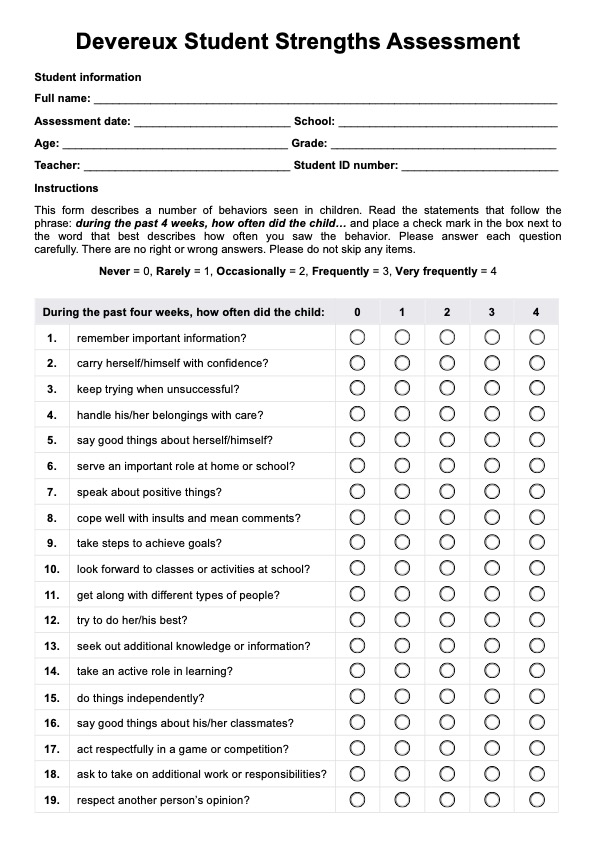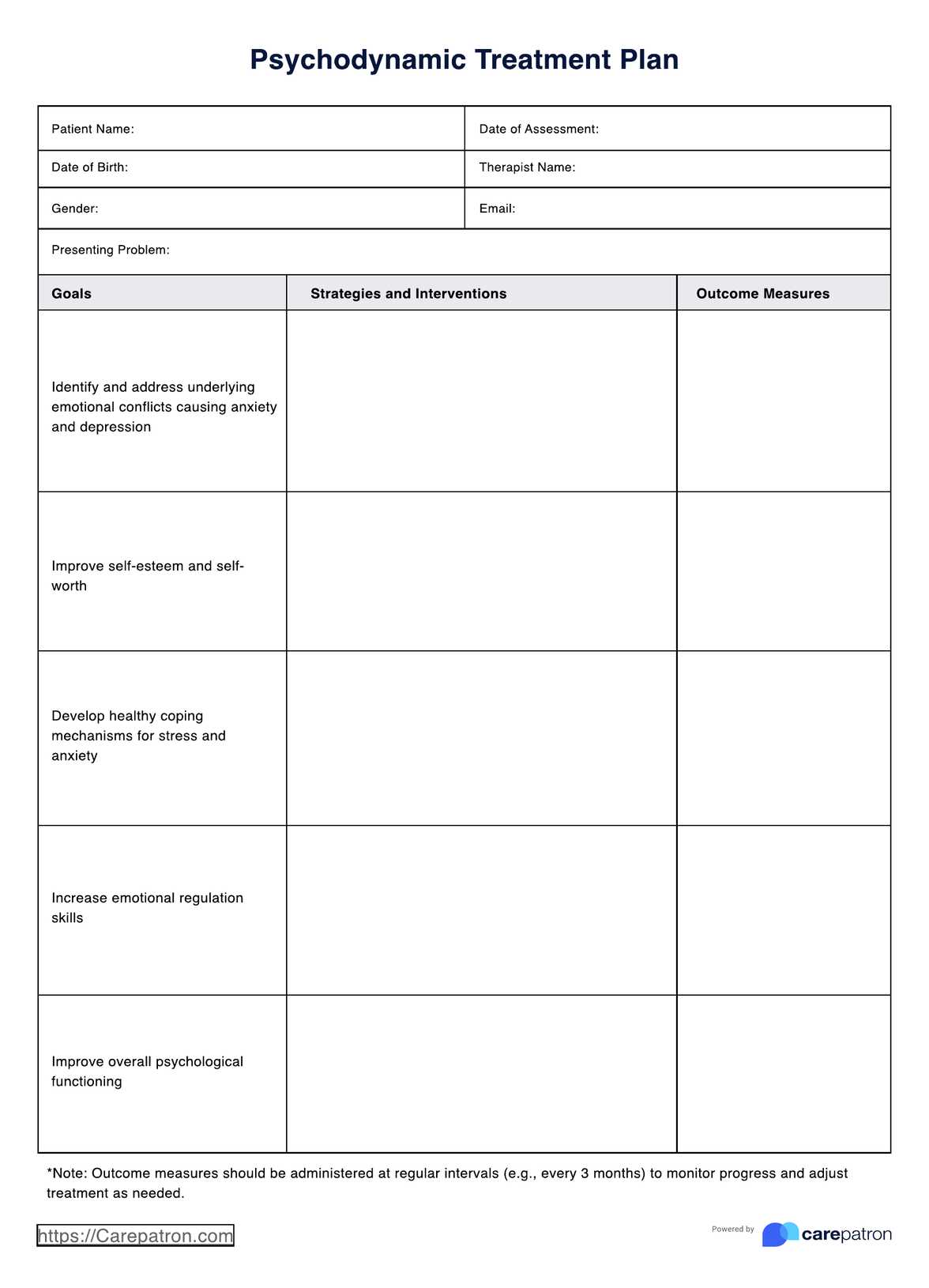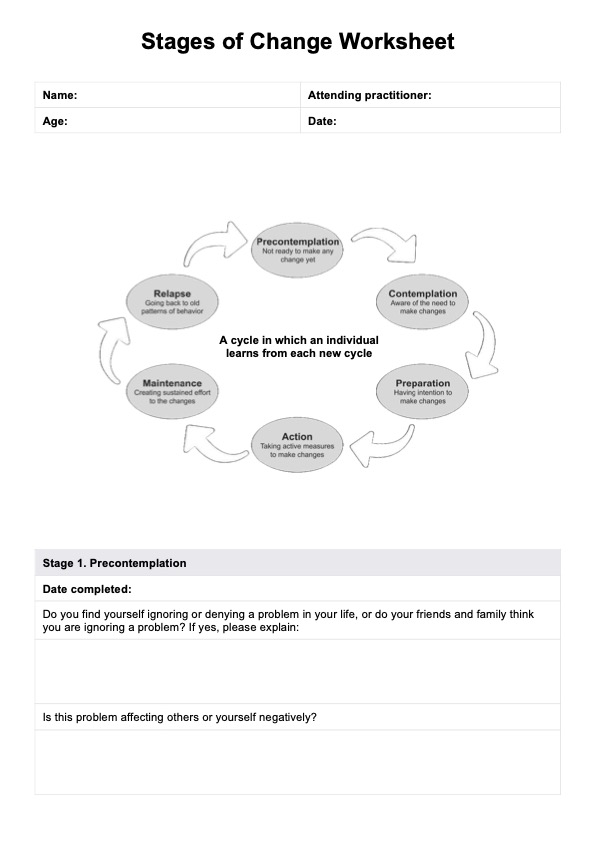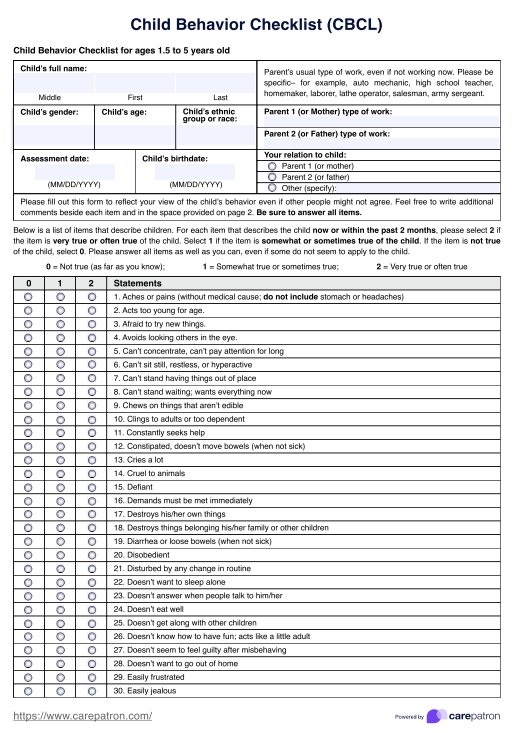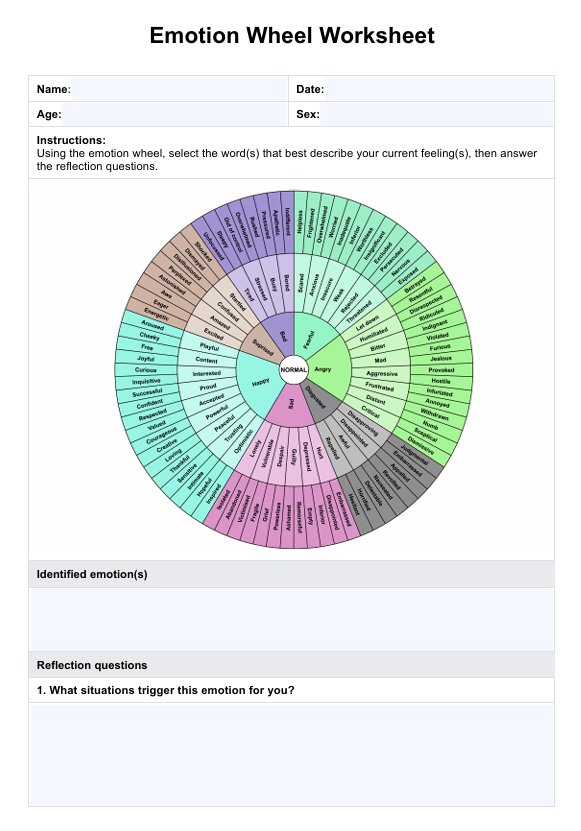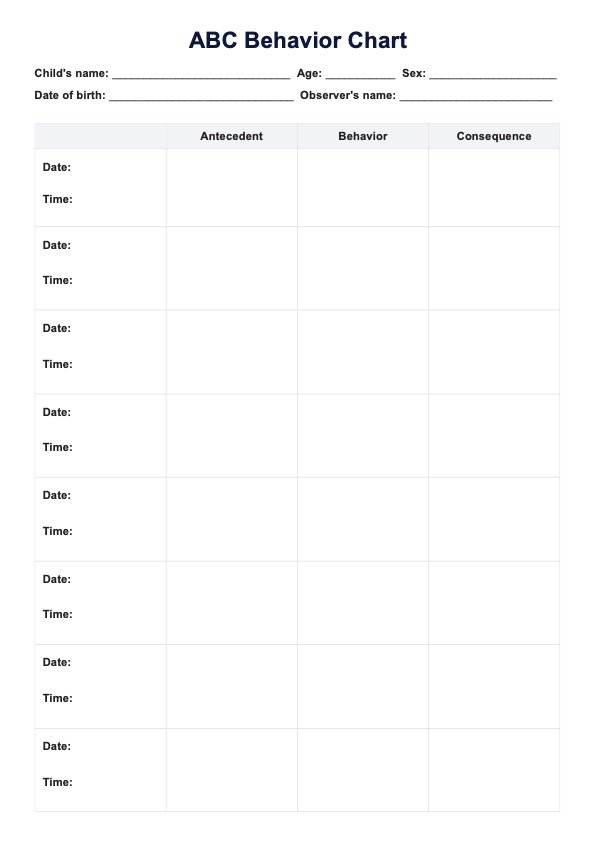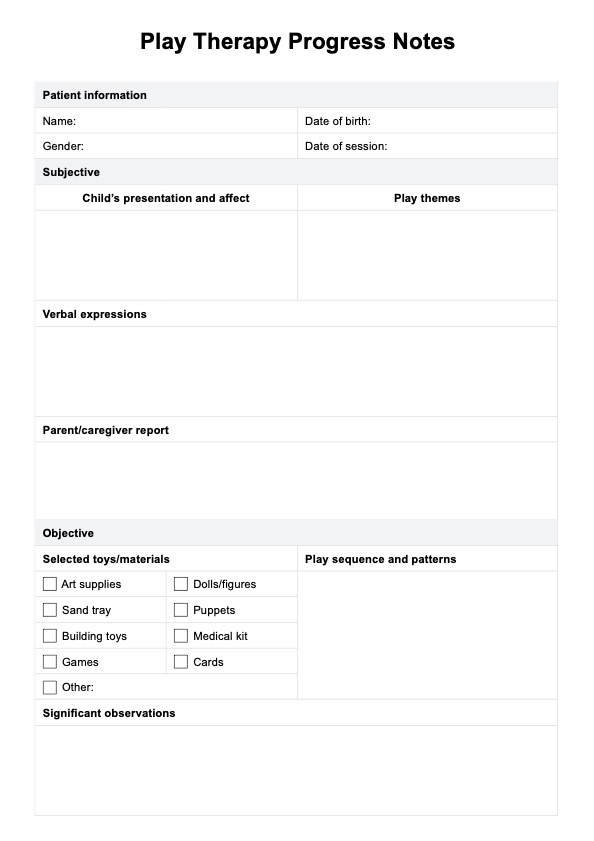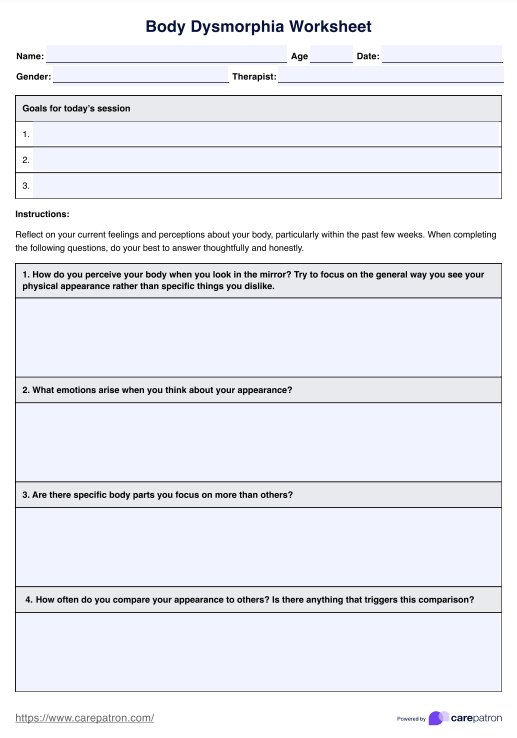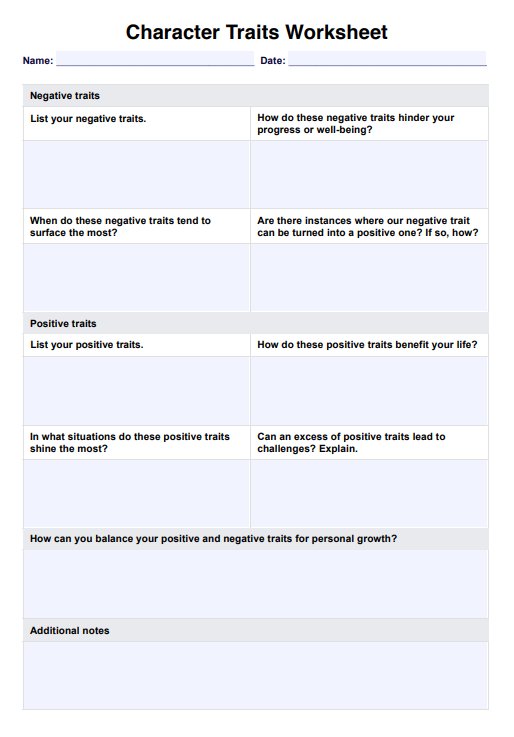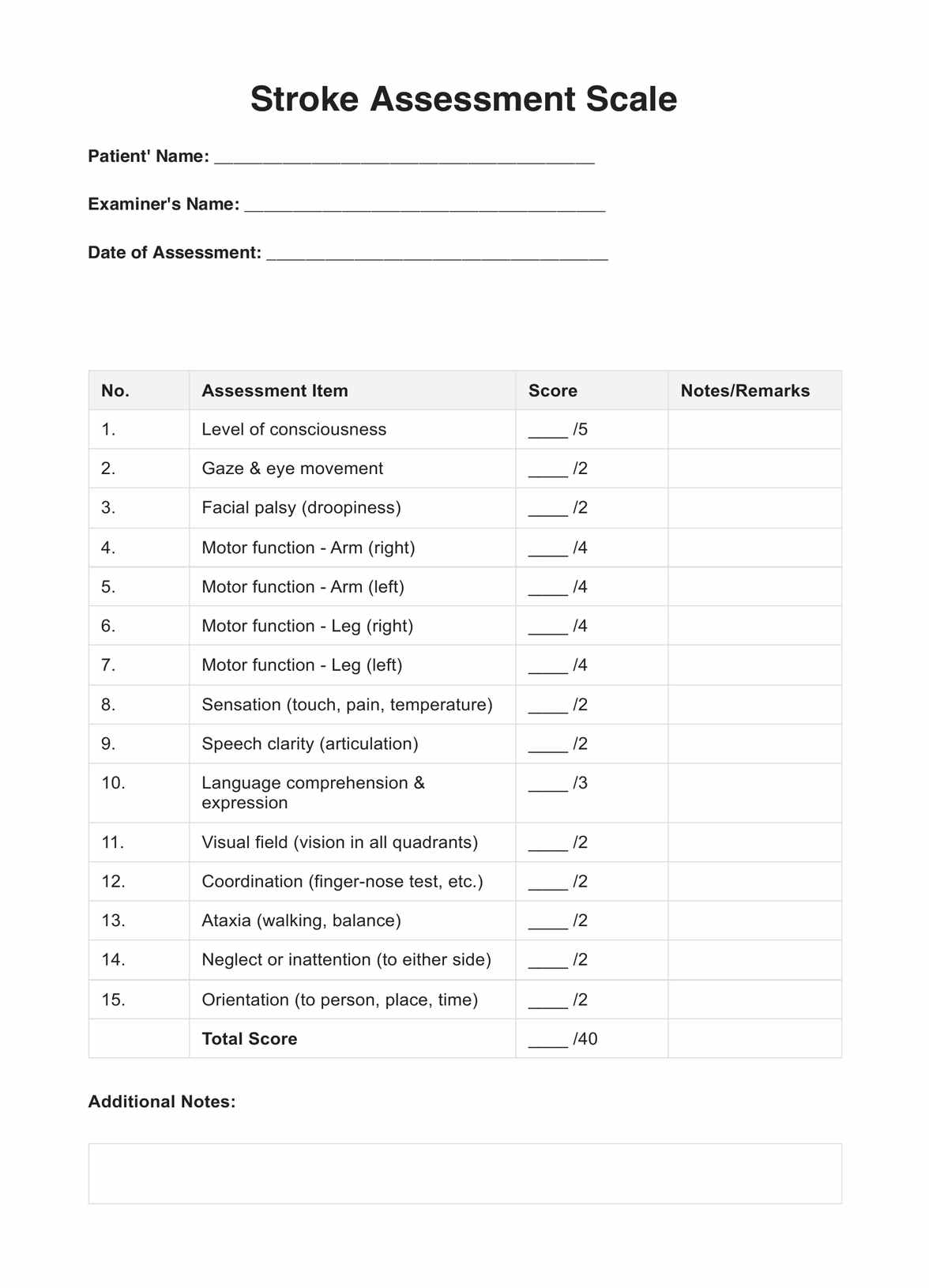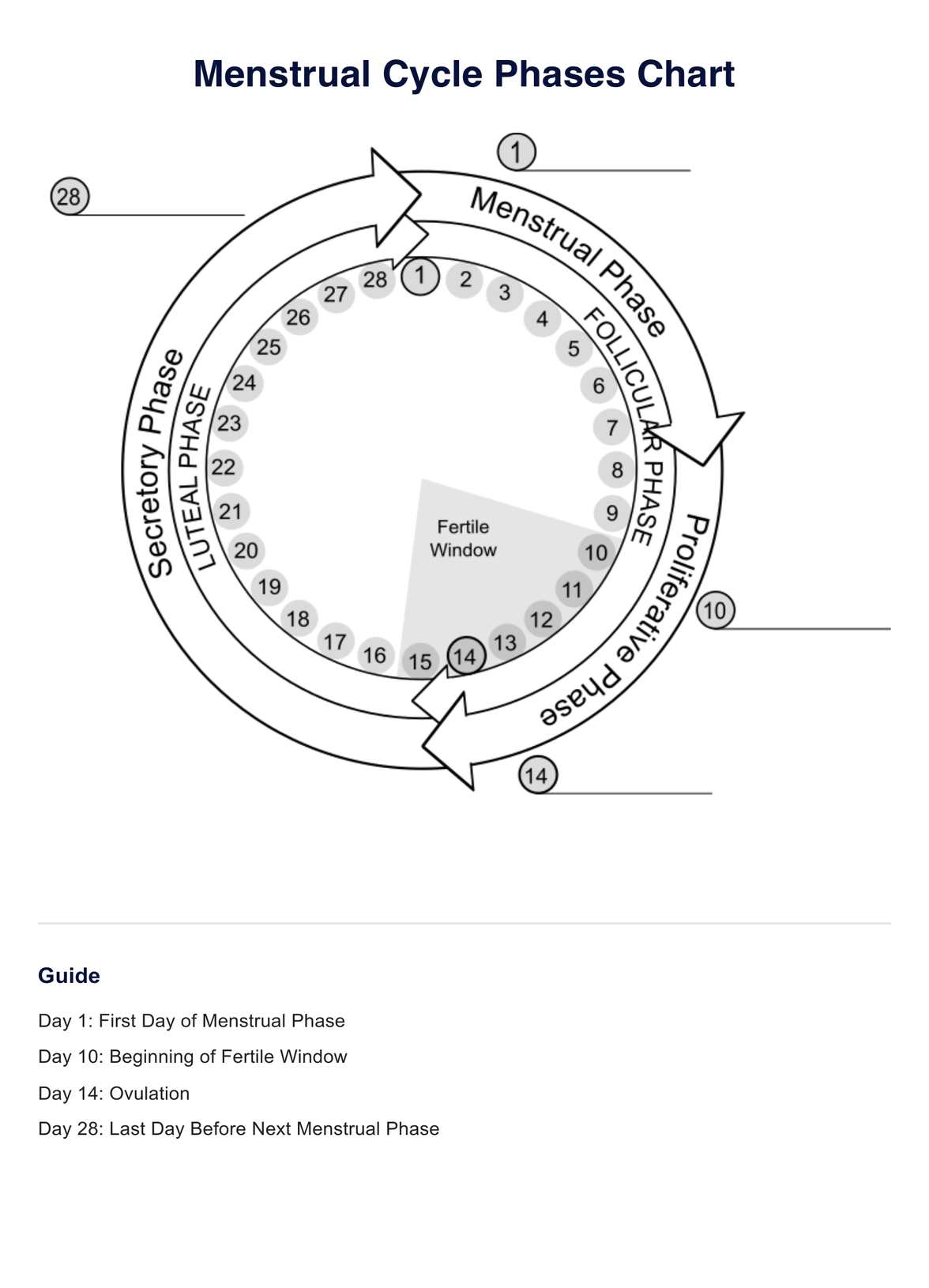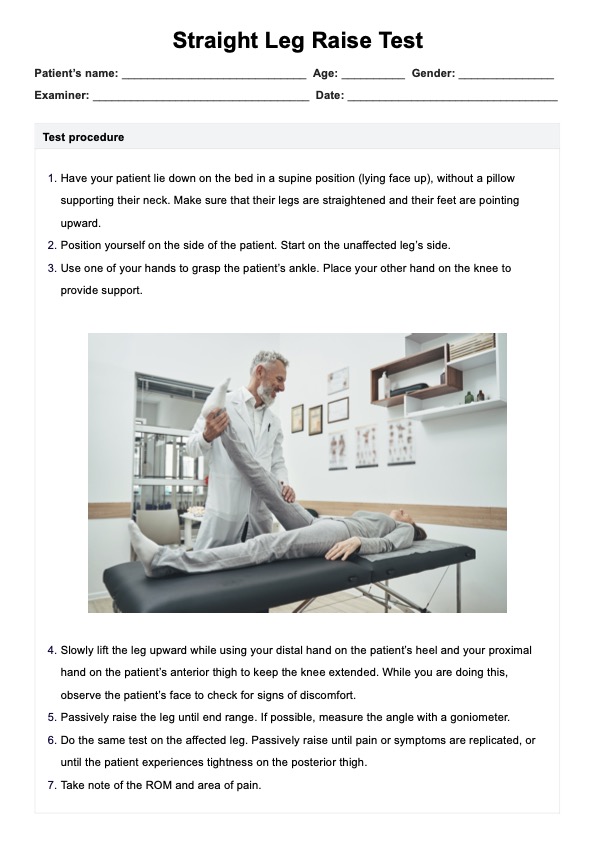Knee Injury Knee Pain Location Chart
Use this knee location chart to better identify and diagnose the knee injury the patient obtained.


What is a Knee Injury Knee Pain Location Chart?
A is a visual tool used by practitioners to aid them in localizing the patient’s knee pain. By knowing the location of the knee pain and being informed about the accident that caused the knee injury, the referring physician can better diagnose and formulate a treatment plan for the patient.
Compared to other knee pain location chart templates for knee injuries, our take comes with a diagram you can draw on and a dedicated space at the bottom for notes. If you think our template will be useful in your practice, keep reading for instructions on downloading a copy.
Knee Injury Knee Pain Location Chart Template
Knee Injury Knee Pain Location Chart Example
How to use the Knee Injury Knee Pain Location Chart:
Step One. Access and Download the Template
Access and download a digital and printable copy of the Knee Injury Knee Pain Location Chart by clicking the “Use Template” or “Download Template” butto, or “Knee Injury Knee Pain Location Chart” in Carepatron’s template library’s search bar on the app and website.
Step Two. Examine the Patient
During a physical exam, you can bring out a copy and keep it close to write down your patient's concerns and observations.
Step Three. Fill Out the Template
In connection with the second step, during or after the examination, you may annotate the diagram with possible pathologies upon examination. To help you out, we’ve listed down the regions below:
- SL = Superior Lateral and Superior Medial
- QT = Quadriceps Tendon
- LP = Lateral Patella
- MP = Medial Patella
- LJLA = Lateral Joint Line Area
- MJLA = Medial Joint Line Area
- PT = Patella Tendon
- T = Tibia
You may also write additional notes, such as referral plans, next steps, or other relevant information, at the bottom.
Step Four. Securely Store the Template
Don’t forget to store the filled-out copy in a patient’s folder or upload it alongside other relevant documents in the patient’s profile on Carepatron’s electronic health records software.
When would you use this Form?
Practitioners who diagnose and treat knee injuries, such as physiotherapists, physical therapists, sports medicine physicians, orthopedic surgeons/nurses, occupational therapists, and paramedics, can benefit from this template during a physical examination. However, they can also use it as a progress tool to monitor the progress of a chosen treatment.
Benefits
Provides Insight into the Patient’s Condition
Referring physicians can use the Knee Injury Knee Pain Location Chart to understand the patient’s condition, especially if they use it as a visual aid for patients who can’t verbally describe or elaborate on their feelings. In addition, if the patient has an underlying condition that caused the knee injury, the document can be used as one of the references for a diagnosis.
Quick Assessment Tool
Should imaging equipment not be considered as an option, the Knee Injury Knee Pain Location Chart can be used as a quick assessment tool to narrow down the possible causes of the pain.
Versatile
Not only can the template be used by various practitioners, but it can also be used beyond first appointments. In fact, the referring physician in charge of the patient’s treatment plan can use it to track the progress and check the effectiveness of said treatment.
Digitally Accessible
The Knee Injury Knee Pain Location Chart is digitally accessible and can be filled out on any PDF editor on any gadget. Furthermore, completed templates can be effortlessly stored and accessed on the Carepatron platform when needed.
Reference
Elson DW, Jones S, Caplan N, Stewart S., St. Clair Gibson A, Kader DF. The photographic knee pain map: locating knee pain with an instrument developed for diagnostic, communication, and research purposes. Knee. 2011 Dec;18(6)
Commonly asked questions
Medical professionals who diagnose and treat knee injuries, like physiotherapists and physical therapists, can use the knee injury knee pain location charts.
You can use the knee injury knee pain location charts during a physical examination or to track the progress of the patient on a treatment plan.
It can help a practitioner know more and keep track of the patient’s condition. It can also help the patient better explain what they’re feeling, primarily if the practitioner uses it as a visual aid.


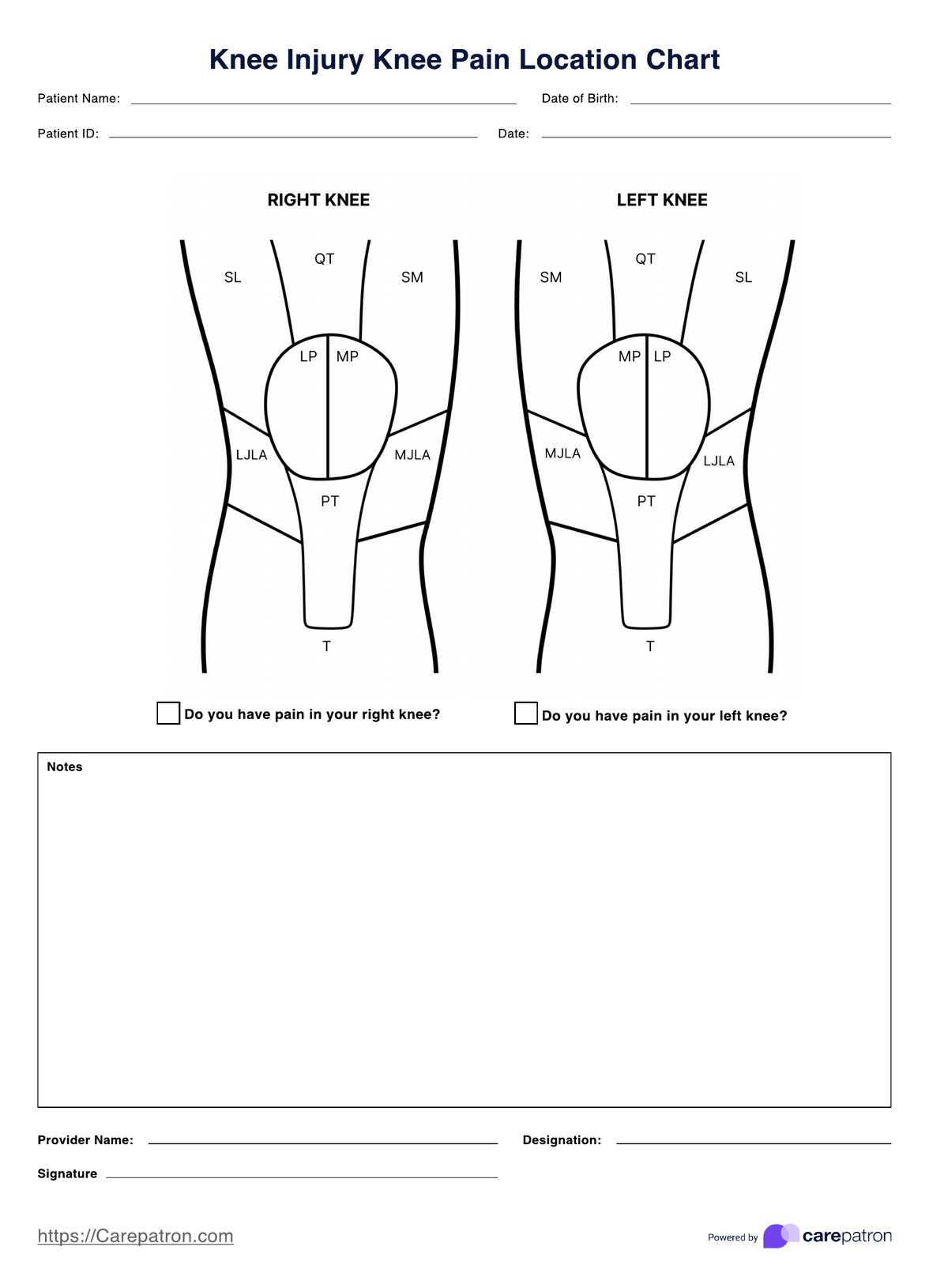
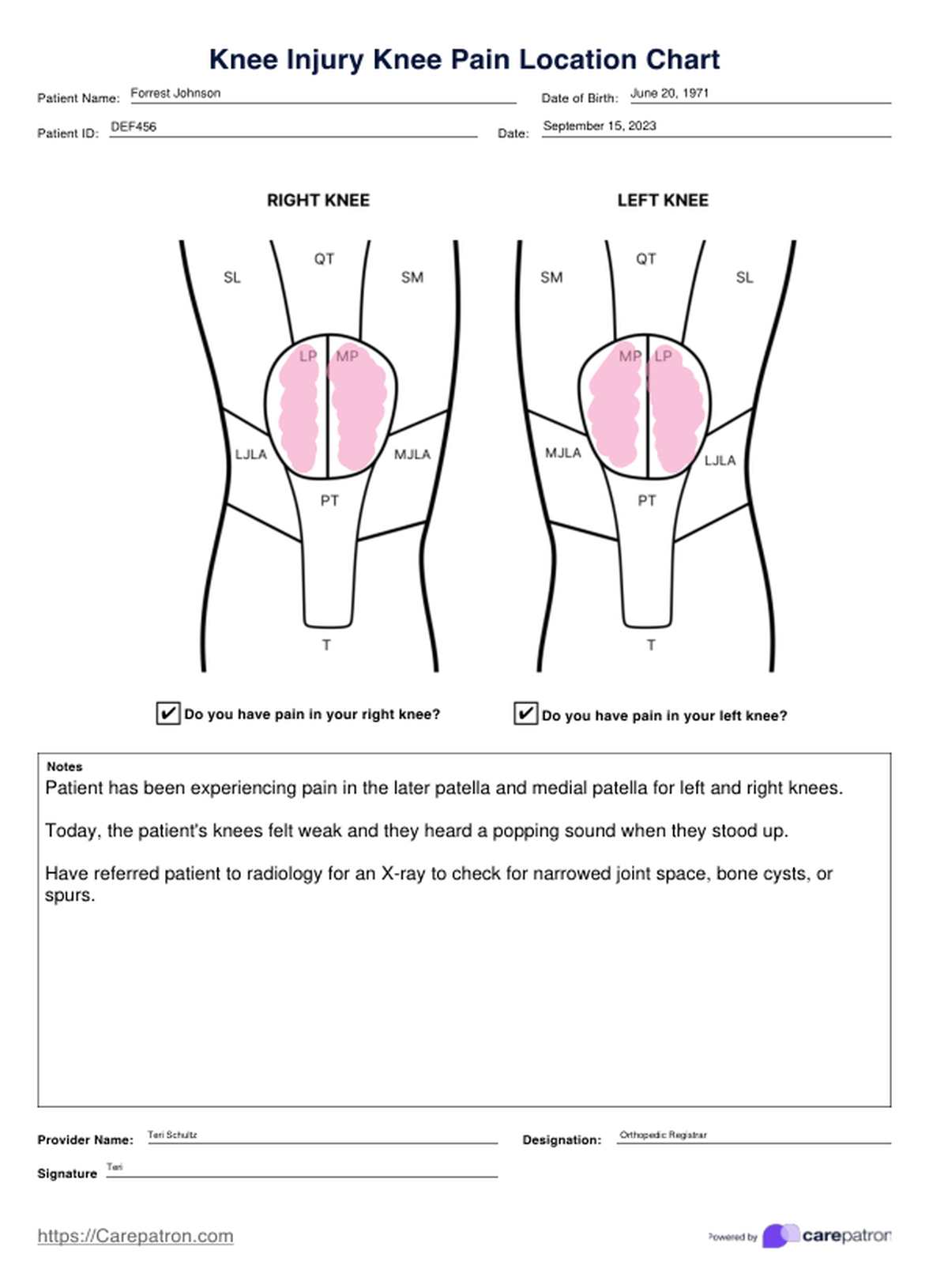

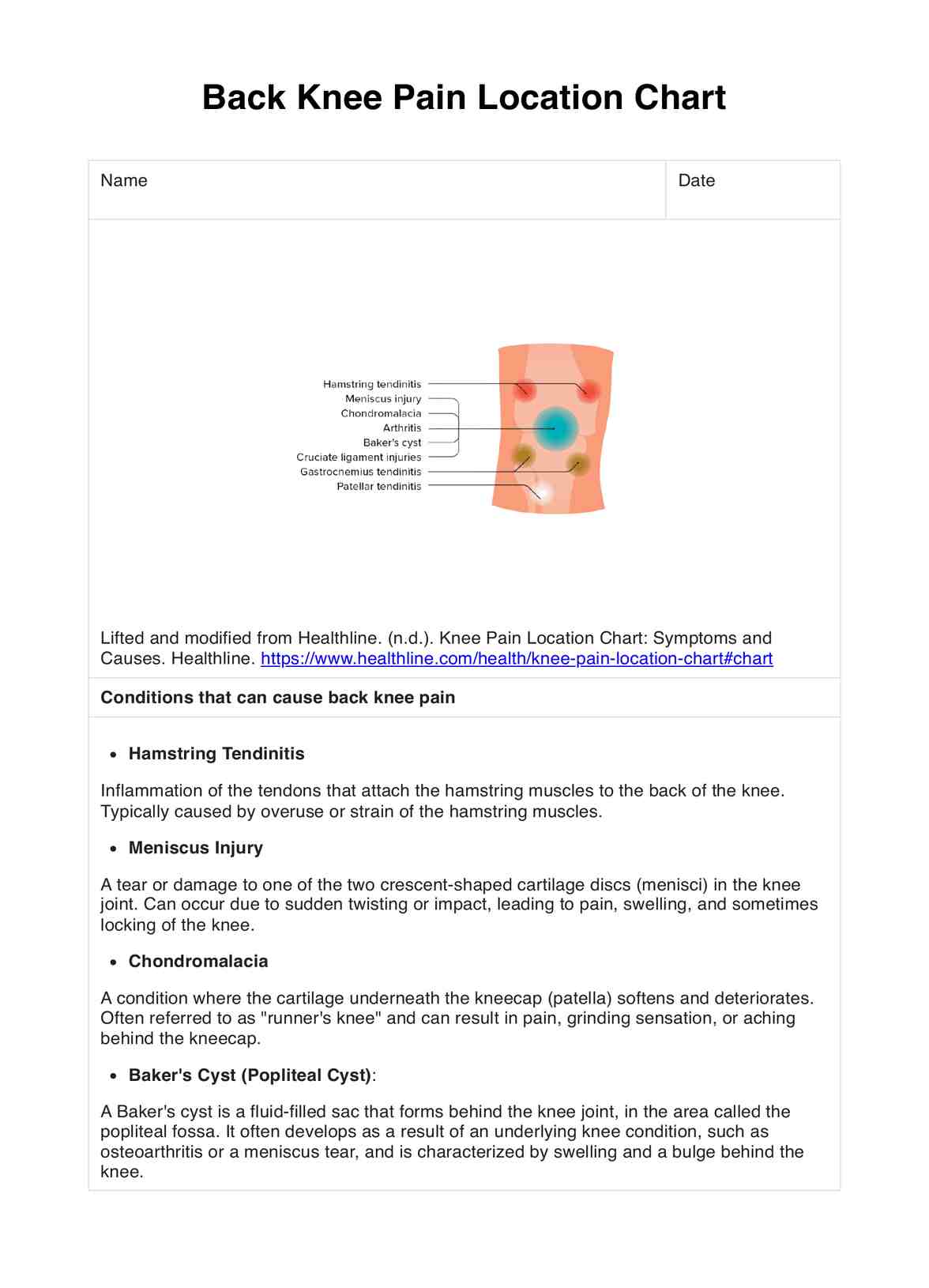
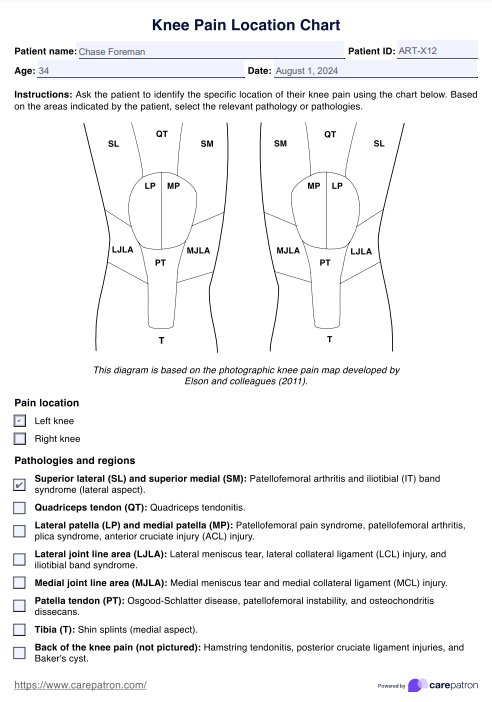
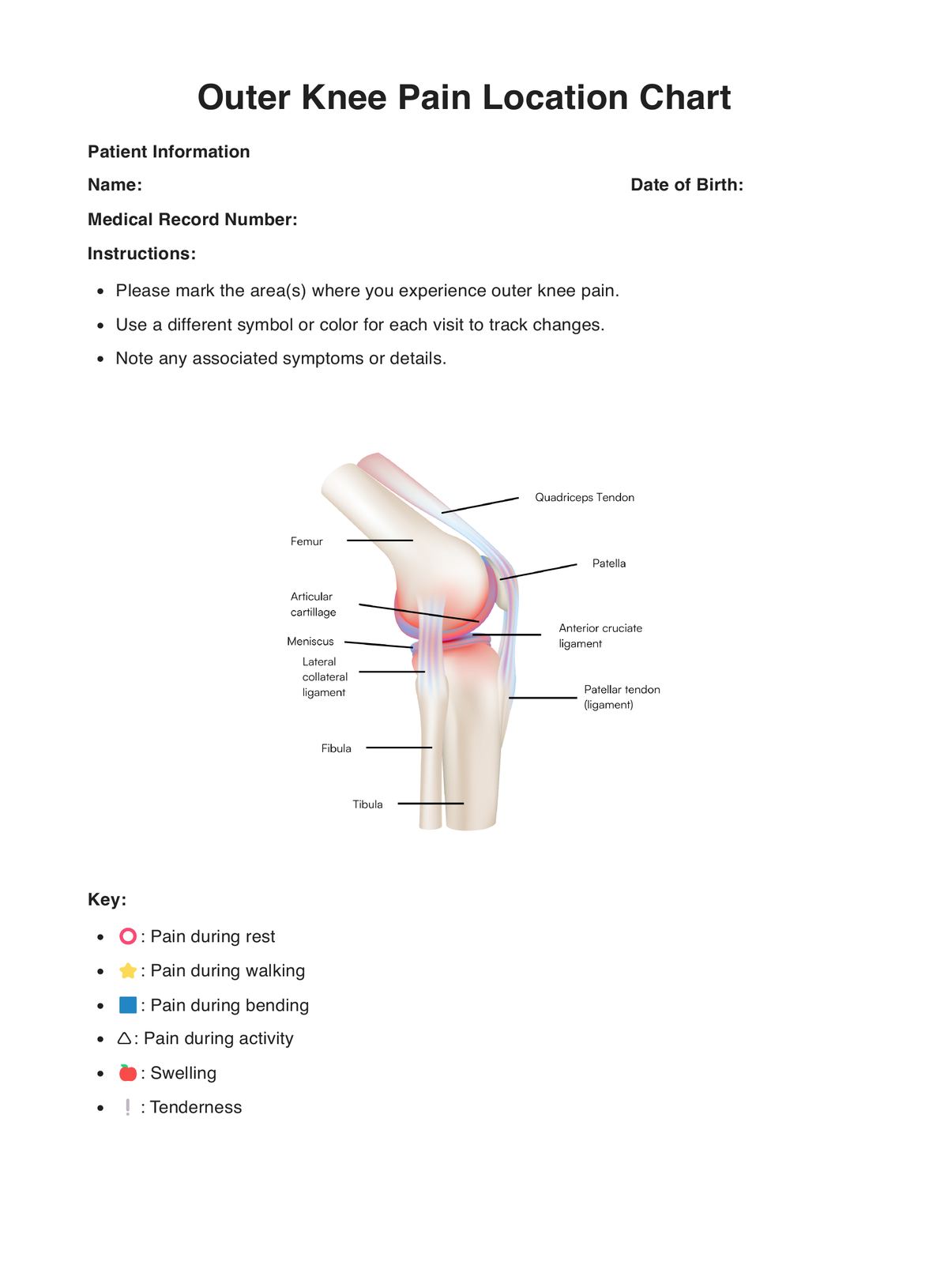
















-template.jpg)






























